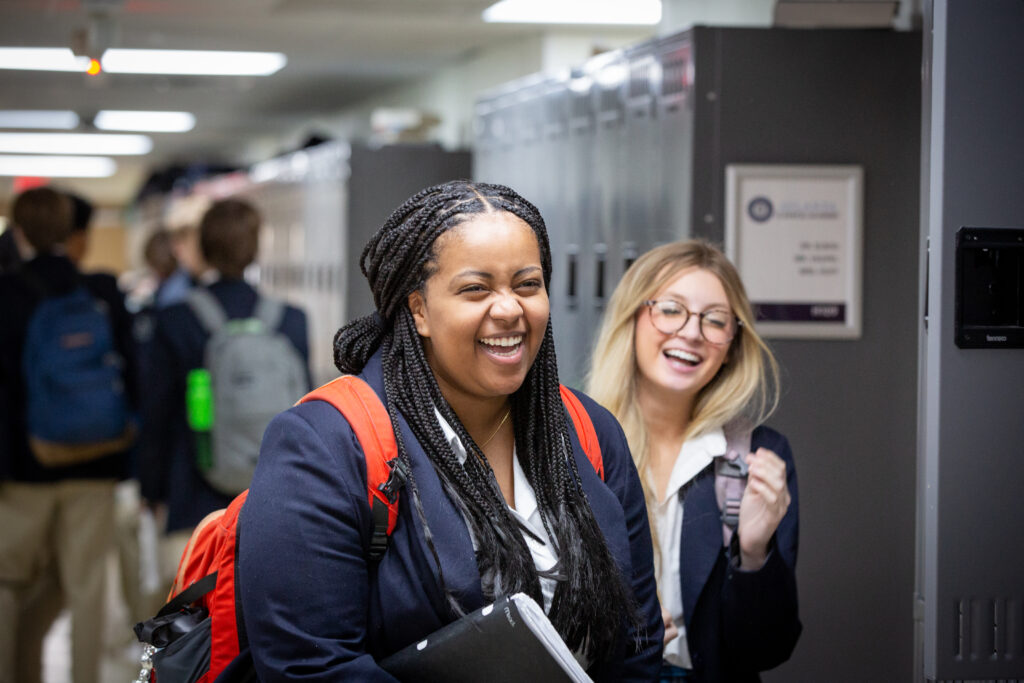
What is Classical Education?
“A nation is best unified by being taught in childhood the best in its moral and intellectual heritage.”
E.D. Hirsch, Jr.

Training the Mind, Strengthening the Heart
Classical Education for Modern Times
The ancients created a blueprint of a political, cultural, and moral order—aiming at justice—from which Western civilization has been built. In their own education, the Founding Fathers mastered that classical blueprint and from it, with important additions of their own, built our country. We shall never truly understand the monument unless we examine the blueprint and the subsequent building of the structure. To understand the world around us, we, too, must go back to the sources – those of the good, the true, and the beautiful. Thus, a classical education ultimately produces students whose hearts and minds are focused on goodness, truth, and beauty, and who are able to reflect these things into the world around them.
True, Good, and Beautiful
Live Well
Classical education creates lifelong learners and prepares young people to live well in freedom and independence. Young graduates who are able to use their knowledge of the past to make good decisions in the present, and to plan wisely for the future, will be in high demand and prepared to flourish in whatever they choose to pursue. As classically-educated students graduate and enter their adult lives, our communities and ultimately our nation reap the rewards.

Education Stages
Classical education is delivered in three stages – grammar, logic, and rhetoric. While each stage focuses on different skills, all skills are incorporated throughout a student’s education. Below is a brief explanation of each stage.

Sign up for our newsletter
Keep in Touch!
If you are interested in the work of Liberty Classical Schools, please submit your name and email. Stay up-to-date on Liberty news and ways to get involved.
